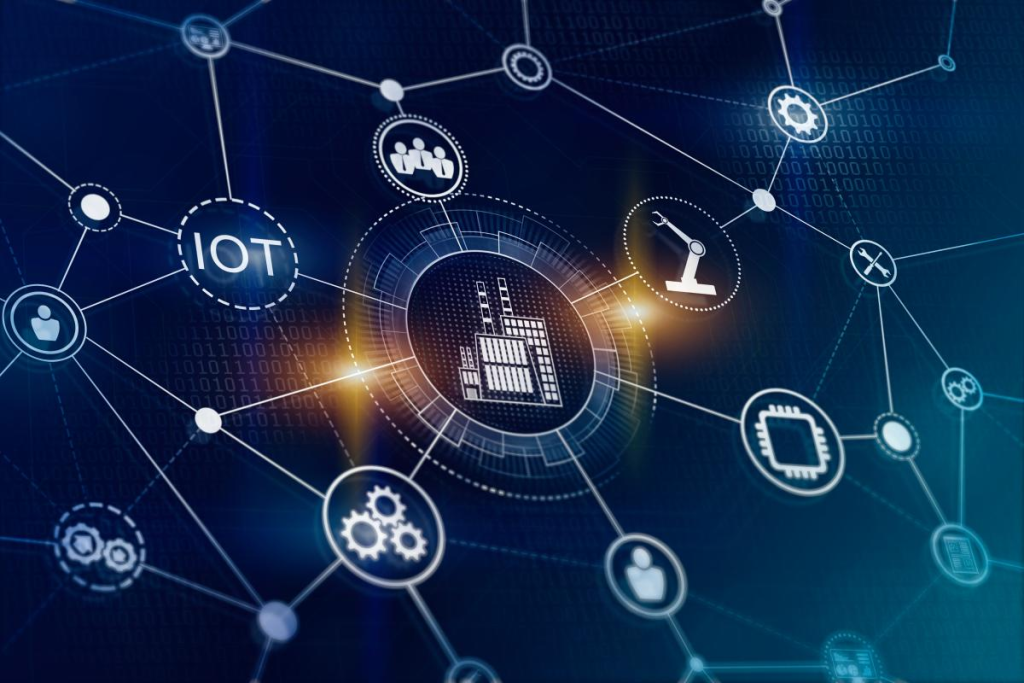The integration of IoT for energy management is transforming the way we consume and manage energy. By utilizing real-time data and advanced analytics, IoT technology is making energy management smarter, more efficient, and more sustainable. This transformation is crucial for industries, businesses, and individuals looking to reduce their carbon footprint and optimize energy usage.

Understanding IoT in Energy Management
The term Internet of Things (IoT) refers to the network of interconnected devices that communicate and exchange data. In the context of energy management, IoT devices collect data on energy consumption patterns, enabling more precise monitoring and control. This leads to better decision-making and resource allocation, ultimately reducing energy waste.
Benefits of IoT in Energy Management
Real-Time Monitoring
One of the significant advantages of using IoT in energy management is real-time monitoring. IoT devices provide continuous data on energy usage, helping businesses and households to identify inefficiencies and adjust their consumption patterns accordingly. This visibility is crucial for optimizing energy use and minimizing waste.
Predictive Maintenance
IoT technology enables predictive maintenance by alerting users to potential issues before they become major problems. This proactive approach helps in maintaining equipment efficiency and extending the lifespan of devices, reducing overall costs and preventing unexpected downtime.
Cost Savings
By optimizing energy consumption through IoT, organizations can achieve significant cost savings. Detailed insights into usage patterns allow for strategic planning, reducing energy bills and operational costs. This financial benefit is particularly appealing to businesses looking to improve their bottom line.
IoT Applications in Various Sectors
Industrial Sector
In the industrial sector, IoT is used to monitor machinery and equipment, ensuring they operate at peak efficiency. Sensors collect data on energy usage, helping to identify areas where energy can be conserved. This approach not only saves money but also contributes to more sustainable industrial practices.
Residential Sector
For households, smart meters and IoT-enabled appliances provide insights into energy consumption. These devices help homeowners make informed decisions about their energy use, such as identifying peak usage times and adjusting settings to save energy.
Commercial Sector
In commercial buildings, IoT systems manage heating, ventilation, and air conditioning (HVAC) systems, lighting, and other energy-intensive operations. By optimizing these systems, businesses can reduce their energy usage and associated costs.
Challenges in Implementing IoT for Energy Management
Data Security
With the increased connectivity of devices, data security becomes a significant concern. Ensuring that sensitive information is protected from cyber threats is crucial for the successful implementation of IoT in energy management.
Interoperability
Another challenge is the interoperability of different IoT devices and systems. Ensuring that these devices can communicate effectively with each other is essential for a seamless energy management system. For more on this topic, visit IoT Interoperability Challenges.
Future of IoT in Energy Management
The future of IoT in energy management looks promising, with advancements in technology offering even more opportunities for efficiency and sustainability. As more industries and households adopt IoT solutions, the potential for energy savings and environmental benefits is immense.
Conclusion
In conclusion, the integration of IoT for energy management is a game-changer for businesses and households alike. By providing real-time insights and facilitating better decision-making, IoT technology is paving the way for a more sustainable and efficient energy future. For more detailed information on IoT product development, visit IoT Product Development.

FAQ
What is IoT in energy management?
IoT in energy management involves using interconnected devices to monitor and control energy consumption, leading to more efficient energy use.
How does IoT help in energy savings?
IoT helps in energy savings by providing real-time data on energy usage, enabling users to identify and rectify inefficiencies.
What are the challenges of using IoT for energy management?
Challenges include data security concerns and interoperability issues between different IoT devices and systems.


